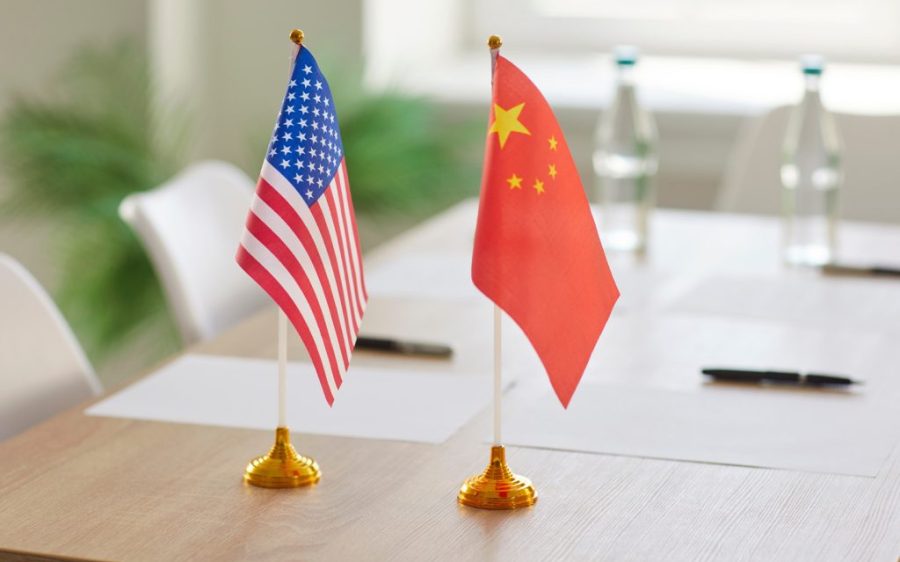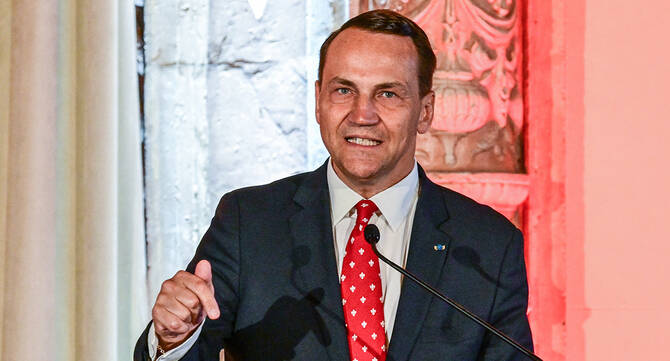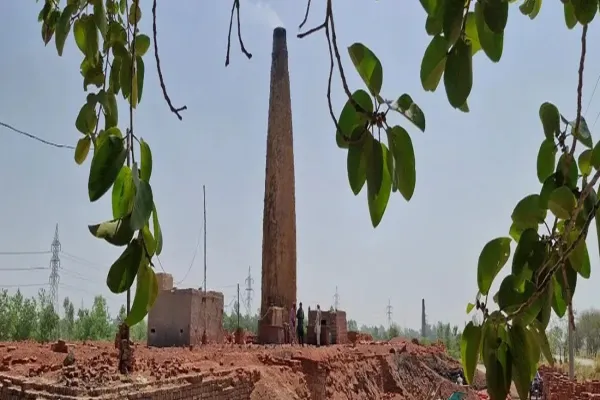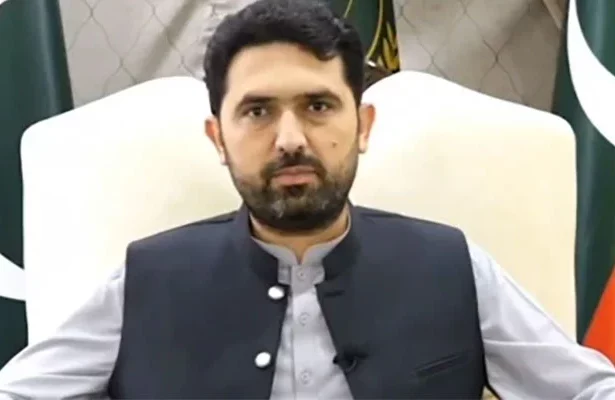Supreme Court reviews military trials of civilians: The Apex Court received applications regarding military trials of civilians. The petitions demanded the nullification of the military trials of civilians. On Monday, the Supreme Court's Constitutional Bench heard an appeal. Justice Aminuddin Khan led the bench in yesterday's hearing. The bench stressed the need to differentiate between …
Supreme Court Questions Distinctions In Military Trials Of Civilians

- The Apex Court heard the hearing on the military trials of civilians.
- The lawyers demanded clarification in the case.
Supreme Court reviews military trials of civilians:
The Apex Court received applications regarding military trials of civilians. The petitions demanded the nullification of the military trials of civilians. On Monday, the Supreme Court’s Constitutional Bench heard an appeal. Justice Aminuddin Khan led the bench in yesterday’s hearing. The bench stressed the need to differentiate between ordinary citizens and those involved in terrorism.
Court questions trial procedures:
During the hearing, the court revoked its fine on former Chief Justice Jawwad S. Khawaja. Justice Khawaja was a petitioner in the original case. Khawaja’s lawyer, Ahmed Hussain, concluded his arguments before Salman Akram Raja took the floor.
Also Read: Judicial Chaos: Supreme Court Removes Registrar
Ahmed Hussain argued that military trials for civilians violated the right to a fair trial. Justice Hassan Azhar Rizvi questioned whether individuals involved in bombings should be treated the same as regular civilians. He urged the lawyer to clarify this distinction in his arguments.
The legal debate over the 21st constitutional amendment:
The lawyer stated that his stance on military trials for civilians does not mean that he is defending terrorists in any way. He argued that if civilians could be court-martialed, there would have been no need for the 21st Constitutional Amendment. Justice Rizvi responded that the Amendment had merely added specific crimes to the Army Act.
Hussain countered that amending the Army Act alone would not have necessitated a constitutional amendment. He pointed out that the 21st Amendment altered Article 175 of the Constitution and that military courts did not provide bail options.
Speedy trials vs. Fair trials:
Justice Rizvi pointed out that it took 15 days to resolve the matter in military courts. He questioned the bailing system of the courts. Hussain argued that military court decisions lack oversight from independent judicial forums. Moreover, the decisions do not allow accused individuals to choose their legal representation.
Court seeks clarification on Army Act application:
Justice Muhammad Ali Mazhar directed Hussain to focus on whether the Supreme Court’s original decision was correct. Justice Jamal Mandokhail highlighted that terrorist attacks on parliament and the Supreme Court are tried in anti-terrorism courts, while attacks on GHQ fall under military courts. Mandokhail asked for this difference. He demanded clarification on how such distinctions are justified.
To brief, Hussain urged the court not to allow military trials for civilians. Justice Aminuddin Khan responded that the bench was not creating new legal precedents. In fact, the bench is here to determine whether to accept or reject the appeal. The case continues as the Supreme Court deliberates on the legality of military trials for civilians and their implications for justice in Pakistan.











